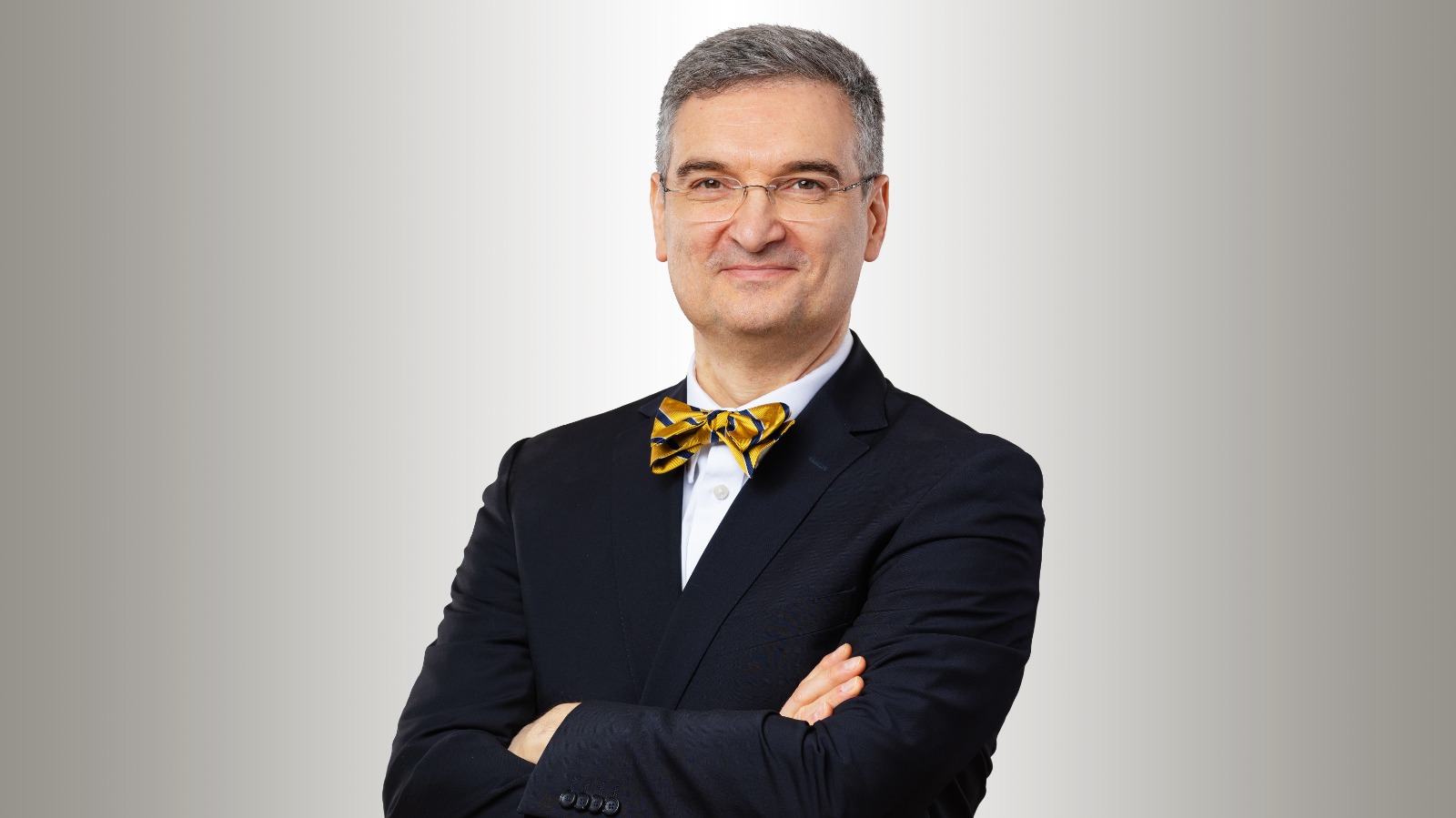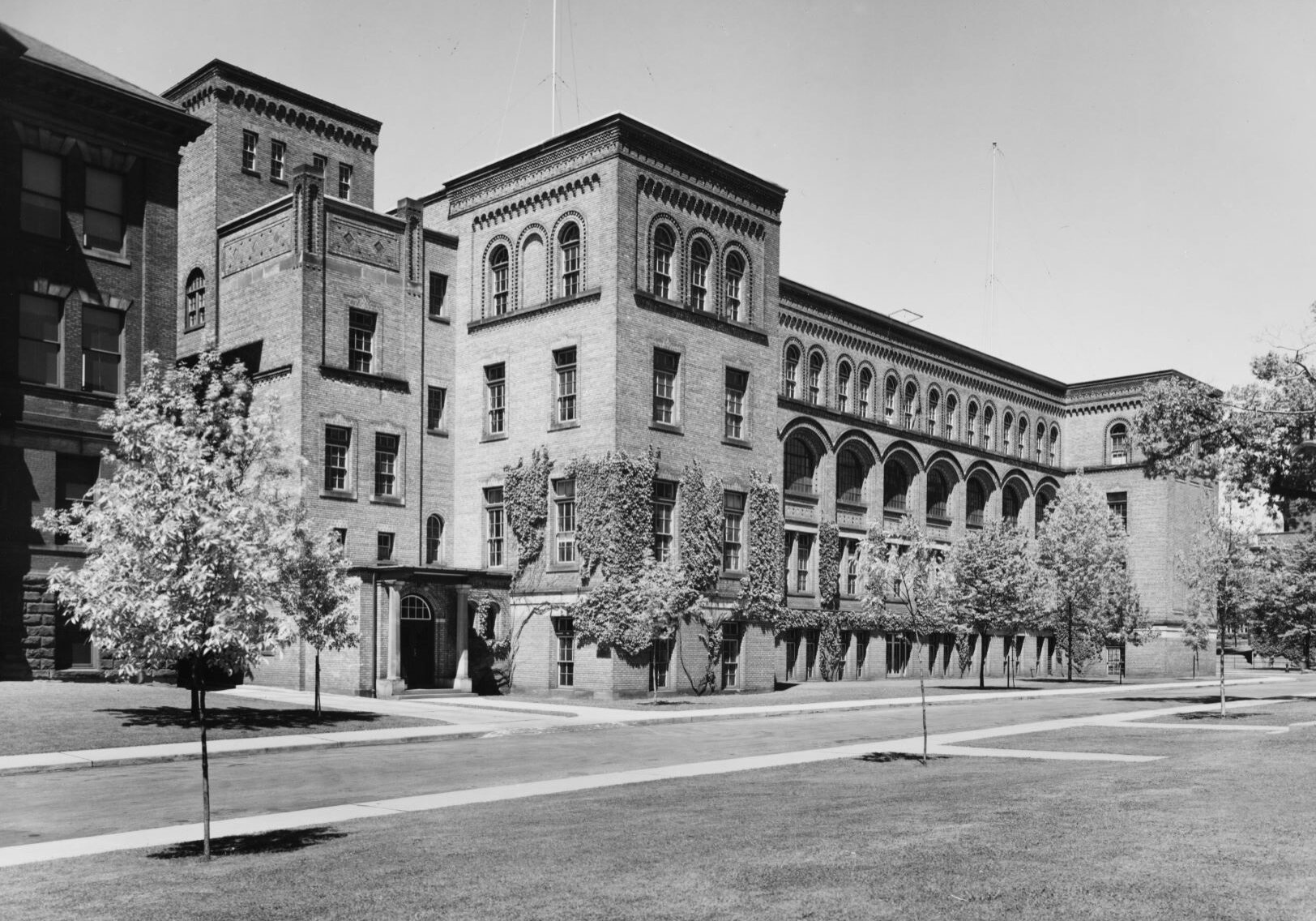Welcome to BME
The Institute of Biomedical Engineering (BME) at the University of Toronto is a multidisciplinary research community where engineering, medicine and dentistry investigators collaborate to develop innovative solutions that address global challenges in human health.
Located in the heart of Canada’s largest health-care research network, we offer three graduate degrees and a collaborative specialization certificate to 300 students who receive training in biomedical and clinical engineering from more than 100 faculty members across 24 academic and hospital partners.
BME also facilitates the bioengineering minor, available to students across the Faculty of Applied Science & Engineering as well as the biomedical systems engineering major for the Division of Engineering Science.
Our three research themes address some of the most critical challenges in modern health care. They guide our research and educational initiatives, and have led to our involvement with more than 20 start-up companies and integration with three major biomedical engineering commercialization ventures.
Director's message

Dr. Milos Popovic, PhD
Director
Welcome to the University of Toronto's Institute of Biomedical Engineering (BME). The BME has a rich and extensive history, originating from the fusion of electrical engineering and biological engineering in the early 1960s. Over time, it has grown and diversified into various multidisciplinary areas. Today, our institute encompasses a wide range of groundbreaking research endeavors.
Our dedicated researchers are involved in pioneering work such as cultivating artificial organs for drug testing, deploying disease diagnostic tools in underprivileged regions, and collaborating with clinicians to design neuromodulation, assistive and rehabilitation technologies for people who are aging or living with disabilities. These research initiatives are conducted in partnership with numerous hospitals in Toronto, as well as esteemed institutions like Medicine by Design, the Ted Rogers Centre for Heart Research, the KITE Research Institute, CenteR for Advancing Neurotechnological Innovation to Application (CRANIA), and MaRS.
Not only has our research expanded, but our student community has also thrived. From humble beginnings with fewer than 50 students, our institute now proudly hosts over 300 graduate students, supported by a team of 40 esteemed faculty members. Our PhD and Masters programs have produced hundreds of successful graduates, many of whom have transformed their ideas into thriving startup ventures or secured positions in rapidly growing local and international companies.
The field of biomedical engineering holds tremendous untapped potential for the future. Recent advancements in gene editing, artificial intelligence, synthetic biology, neuromodulation and wearable technologies have propelled the discipline into an exciting new era. As biomedical engineers, we possess the unique ability to leverage various disciplines to solve complex problems at the intersection of biology and engineering. We warmly invite you to embark on this journey with us and witness how biomedical engineering will shape the frontiers of research in the coming decades.
History
The Institute of Biomedical Engineering at the University of Toronto views biomedical engineering as a dynamic and integrative field that has evolved from its post-World War II origins in human-machine interaction to a collaborative discipline encompassing a wide range of activities. It spans medical device design, regenerative medicine, imaging technologies, and big data analysis. Biomedical engineering integrates engineering principles with medical and biological sciences to solve complex medical problems from molecular to patient levels. This multidisciplinary approach attracts talented individuals with diverse analytical and quantitative skills, fostering collaboration between academic researchers and translational scientists to improve human health.
